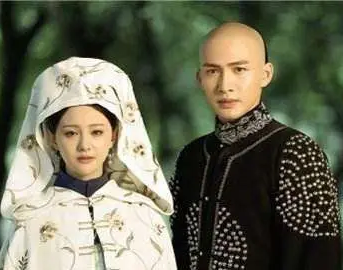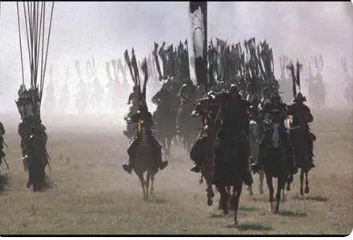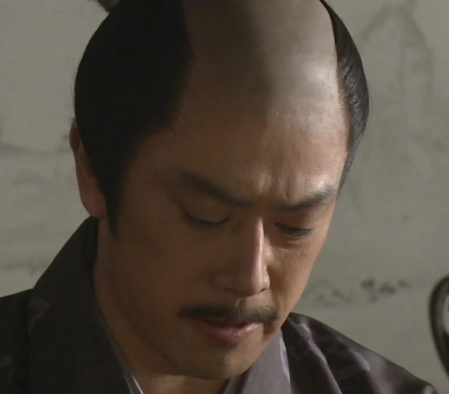Yu Chi Gang (517-569), styled Po Luo, was born in Da'an Di Na and was a member of the Xianbei nation. As a relative and minister of the Northern Zhou Dynasty, he was the son of Yu Chi Si Dou, the Grand Tutor, and also the uncle of Yu Wen Tai, the Emperor of the Zhou Dynasty, and the younger brother of Yu Chi Jiong, the Duke of Shu.

Yu Chi Gang's ancestors were a branch of the Tuoba clan of the Northern Wei Dynasty, known as the "Yu Chi Tribe", who later adopted "Yu Chi" as their surname. Yu Chi Gang's father, Yu Chi Si Dou, was known for his lenient nature and ability to discern talent. He married Changle Princess, the sister of Yu Wen Tai, the Emperor of the Zhou Dynasty, and they had two sons, Yu Chi Jiong and Yu Chi Gang.
Yu Chi Gang was brave and resolute, with a strong physique, and excelled in horseback riding and archery. His uncle, Yu Wen Tai, doted on him and regarded him as a trusted confidant.
Due to his outstanding performance in welcoming the Emperor Xiaowu, Yu Chi Gang was appointed as a General of the Palace. He participated in the recovery of Hongnong, the conquest of Hebei, the Battle of Shayuan, and the Battle of Mangshan, earning numerous military achievements. He was appointed as the General of the Cavalry, the Three Commissioners of the Rites, and served as the Officer of the Scattered Riders, the Assistant to the Emperor, the Governor of Huazhou, and the Commander of the Central Army. After the establishment of the Northern Zhou Dynasty, he supported Yu Wen Hu, the Grand Tutor, and held various positions such as the Junior Sima, the Pillar of the State, the General Manager of Jingzhou, the Junior Tutor, the General Manager of Shaanxi, and the Great Minister of Public Works.
In 568 AD (the third year of the Tianhe era), the court recognized Yu Chi Gang's contributions in the Battle of Heqiao and awarded one of his sons with the title of County Prince, granting him a fiefdom of 1,000 households.
In 569 AD (the fourth year of the Tianhe era), Yu Chi Gang died in the capital at the age of 53. The court posthumously awarded him the titles of Grand Protector, Military Commander of the Twelve States, and Governor of Tongzhou, and bestowed upon him the posthumous title of "Wu". Simultaneously, Yu Chi Gang was ennobled as the Duke of Wu.
Disclaimer: The above content is sourced from the internet and the copyright belongs to the original author. If there is any infringement of your original copyright, please inform us and we will delete the relevant content as soon as possible.































